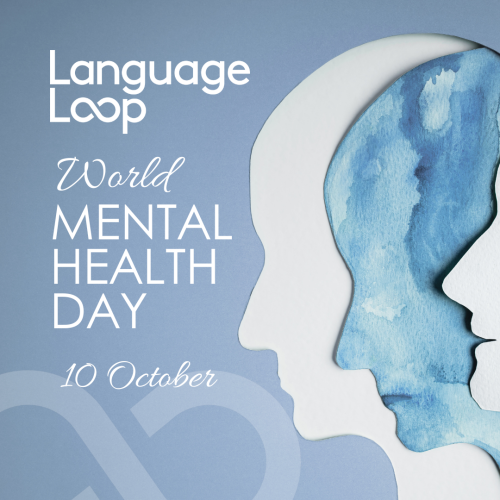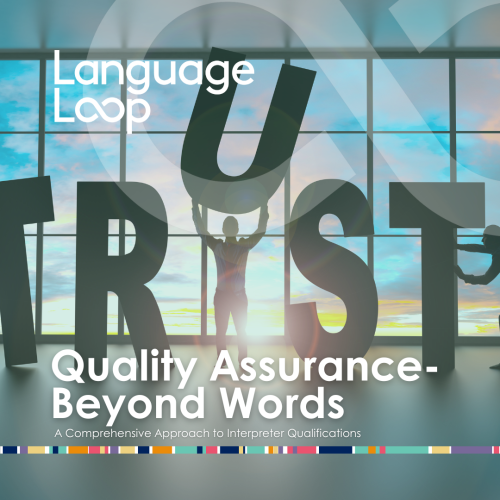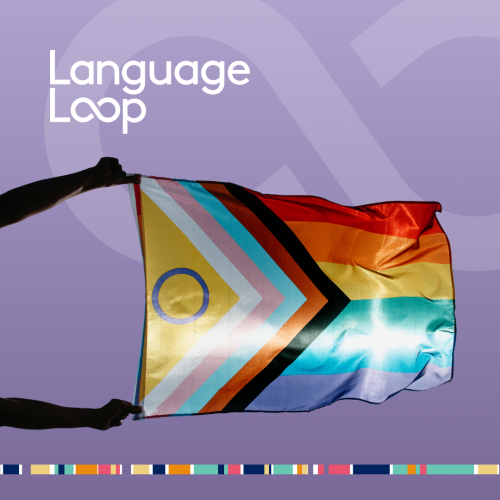As part of our ongoing commitment to advancing the quality of interpreting services in professional settings, LanguageLoop is excited to be backing a very exciting research project at RMIT University as part of our annual $150,000 Research & Innovation Grant.
Led by Dr Miranda Lai and Dr Erika Gonzalez at the RMIT School of Global, Urban and Social Studies, the research project focuses on the introduction of a mentorship program for interpreters of new and emerging languages in Court and Tribunal settings.
The current lack of specialist training of interpreters of new and emerging languages compromises the principle of fair access to public services for culturally and linguistically diverse communities. The introduction of a mentorship program will advance the quality of interpreting in courts and tribunals, enhance the fair administration of justice, and put Australia at the forefront of legal interpreting service delivery.
“Part of our role as the leading language services supplier in the sector is to support initiatives that drive quality and support for our interpreters during their demanding interpreting sessions,” says CEO LanguageLoop, Elizabeth Compton. “We’re thrilled to support leading tertiary institutions and are excited by the benefits this mentorship project will deliver for our interpreters, non-English speakers and the language services sector as a whole.”
To initiate the mentorship pilot project, this month LanguageLoop extended an open invitation to its interpreters of new and emerging languages to participate in two fully-funded training sessions at RMIT on 27th August and 3rd September. The invitation received an overwhelming response from interpreters, with both sessions being fully booked within hours. The training sessions will focus on the following topics and will have 40 NAATI professional development points attached:
- Introduction to Australian Courts and Tribunals I
- Introduction to Australian Courts and Tribunals II
- Legal discourse
- Ethics and conduct in Courts and Tribunals
Interpreters who go on to participate in the pilot mentorship project will be paired with an interpreter from another language who has a wealth of experience interpreting in court settings. Over a total of 25 hours for a period of 6 months, the mentor will assist them with ethical issues and provide guidance and support on how to interact during a court or tribunal interpreting session.
Dr Gonzalez is delighted with the outcome. “Thanks to LanguageLoop’s funding, RMIT researchers will be assessing the implementation of one of the important recommendations made in the National Standards for Working with Interpreters in Australian Courts and Tribunals,” she says. “Our research project will assess the implementation of a mentorship program for interpreters of new and emerging languages, which includes training for interpreters. This shows LanguageLoop’s solid commitment to professional advancement in the field of interpreting.”







